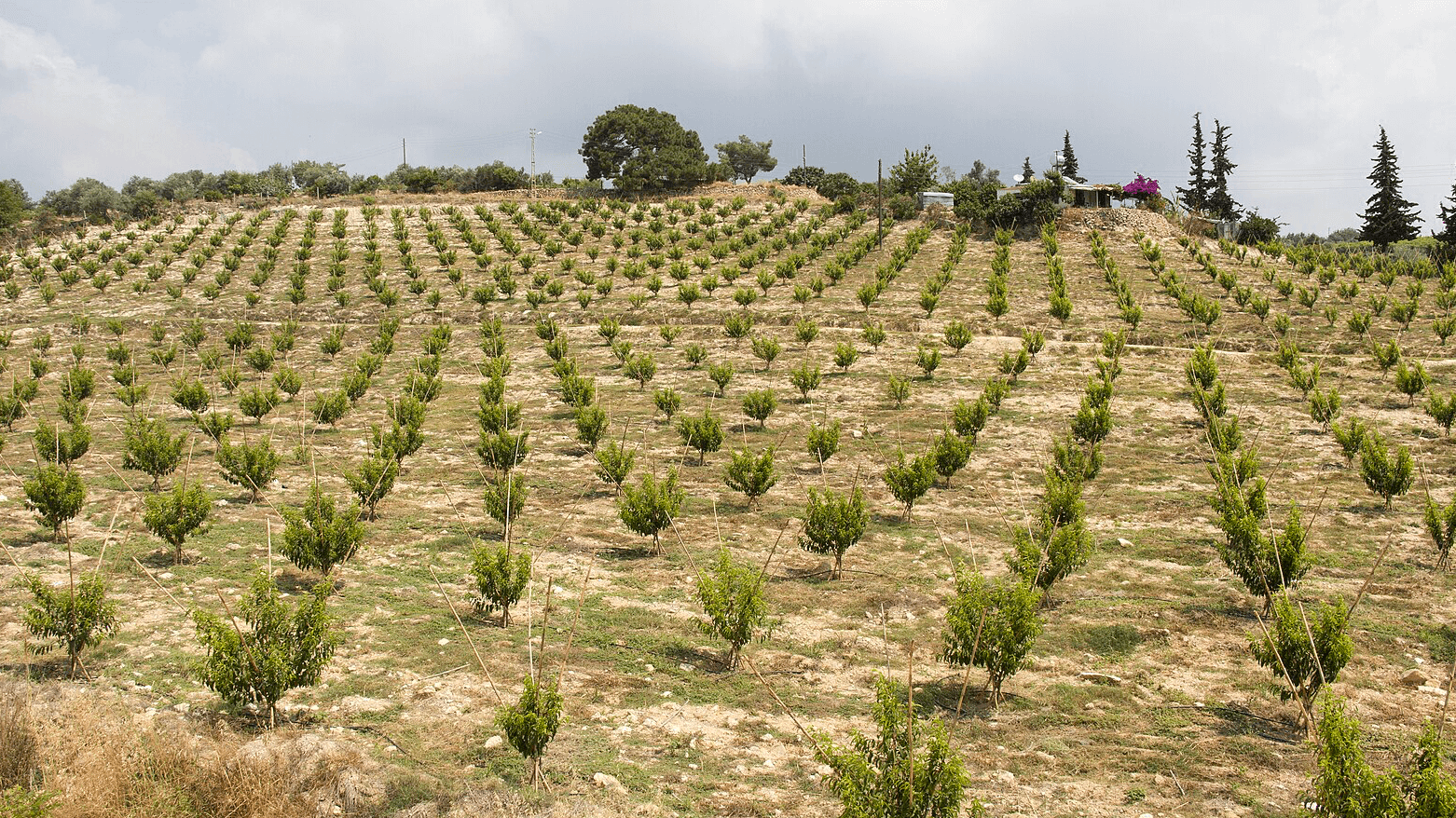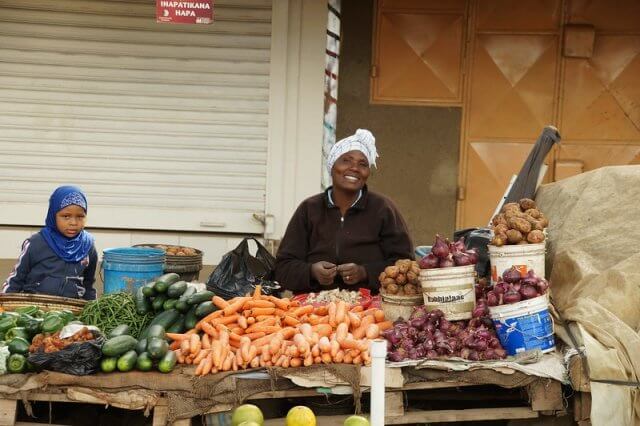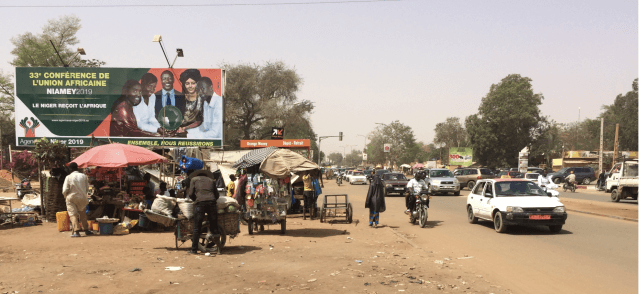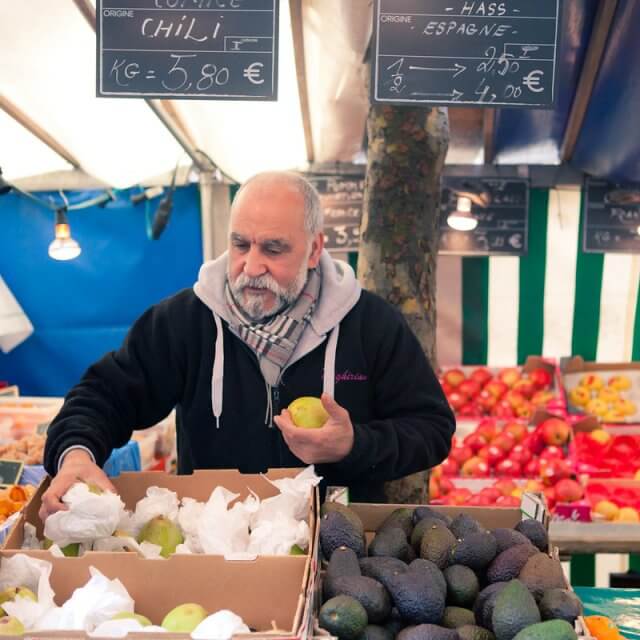The action and its aims
The City of Mezitli initiated efforts to cultivate a culture of environmental volunteering. The objective was to encourage volunteering aimed at rehabilitating Mezitli’s soil and agricultural areas using food waste as a valuable resource. Mezitli aims to foster an inclusive environment that allows everyone to contribute their talents. Utilising social media and mass messaging tools for communication, the project aims to have diverse impacts on social, environmental, and economic aspects. The project supports many including students, the homeless, children, displaced individuals and refugees by providing essentials such as food, clothing, funds, and household items. Additionally, a voluntary composting project with the collaboration of Mezitliners and municipal support was developed, converting food waste into approximately fifty thousand tons of compost. This compost not only benefits local farmers by providing an income, but also serves as a valuable resource for various vulnerable groups in Mezitli and Mersin.
One notable project, the Avocado Sapling Project, involves using social networks to encourage collecting avocado seeds, cultivating seedlings, and selling them to generate income. The proceeds from this project contribute to providing meals for college students in need.
When it was introduced
The City of Mezitli initiated this volunteering movement in 2015. In August 2021, the civil volunteer initiative “Healing Mezitli” was officially launched.
Why it was needed
The effects of climate change in Turkey are evident through various natural disasters like wildfires, floods, and inundations. A wildfire in 2021 surrounding Meztili destroyed numerous forests and agricultural areas in the region.
Mezitli, a coastal city on the Mediterranean Sea with a population of 218,816 has recently experienced significant increase in population. Since 2010, it has absorbed almost 40,000 registered Syrians, Afghans, and Iraqis, with an additional potentially equal number of unregistered residents. In light of these transformations and the increasing awareness of environmental issues, the City of Mezitli launched initiatives in 2015 aimed at fostering a culture of environmental volunteering, in particular collecting and sorting food waste from local markets to turn into compost.
o initiated it, who is involved
This project was initiated by the City of Mezitli. The volunteer initiative brought together a diverse group of volunteers, including academics, students, lawyers, farmers, and more. These volunteers work closely with the Mezitli Municipality’s Cleanup and Waste Management Unit at local markets, where they sort recyclable materials and food scraps. This effort has led to increased knowledge about composting, fostering unity, cooperation, and knowledge sharing among community members.
Impacts to date
The project has impact on multiple levels, such as social and environmental. For instance food, clothing, meals etc. are provided to people in need, such as students, homeless people, and refugees. Moreover, a composting project has been established with the support of the municipality, that has halved the amount of food waste and created 50,000 tonnes of compost for the local community.





